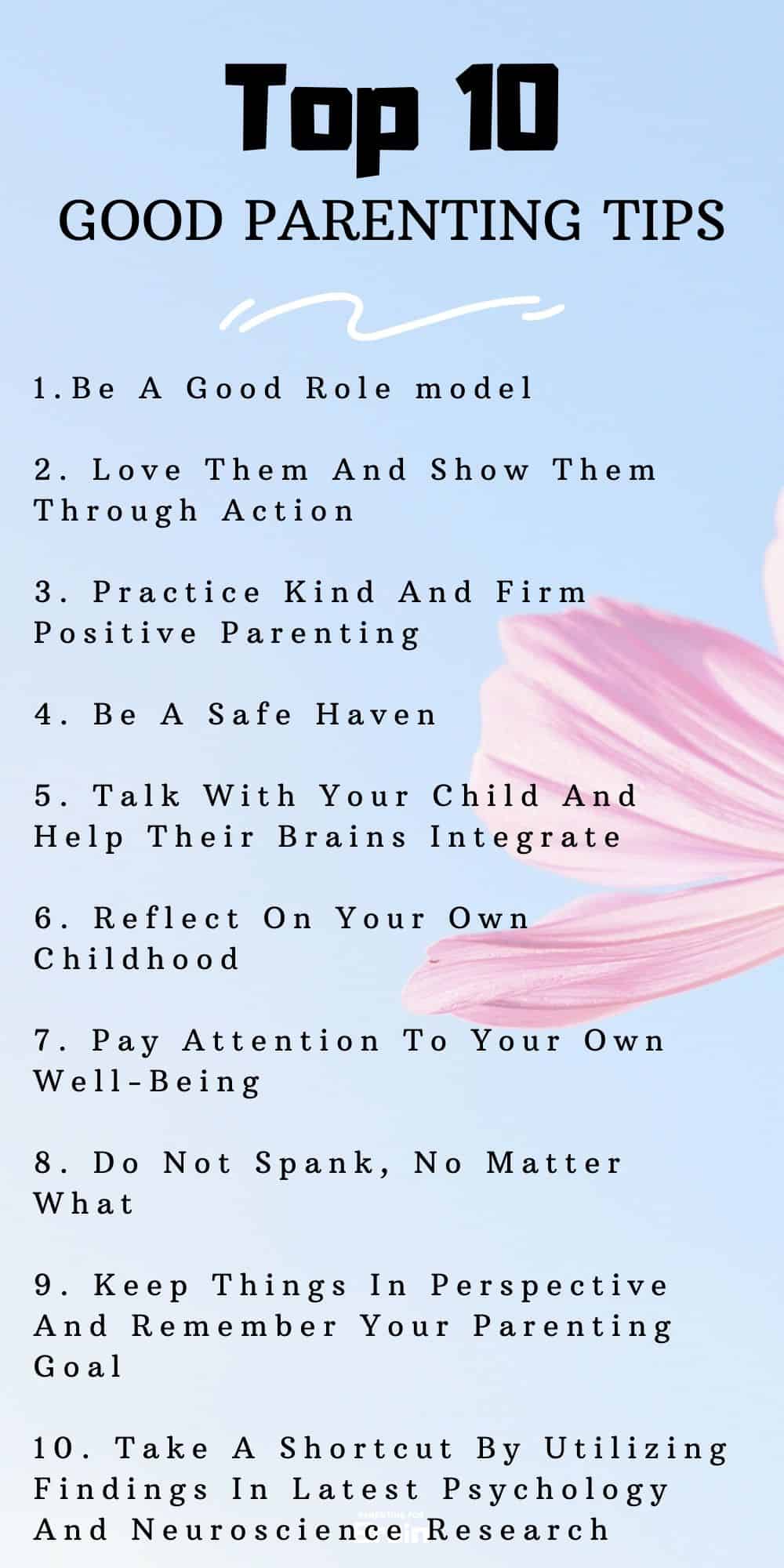
Whoever said parenting is a full-time job was right. Time to time as the generations change, the style of parenting ought to change as well. For example, we cannot expect the current generation to be raised like our generation. Time changes a lot of things, dynamics, technology, and even culture. So, the golden rules of parenting are never the same. However, there are certain tips that are always helpful for parents of any age or era. According to our survey and as per senior psychologists we have listed down a few important tips for successful parenting that would help you get to know your child better and will make your relationship with your child much solid and cherished.
1- Connect
Put aside 10 minutes of significant time with you regularly for each one of your children. Call it ‘Hannah time’ or ‘Ethan time,’ so they know it’s everything about them. At some point, they pick what to do. The following day, you pick. But, use that time to give all your attention and focus exclusively on your child, with your heart and soul.
“Make sure your other children are busy elsewhere — put your phone aside and give this time to focus on your child only one at a time! 90% of your conversations with your kid should mean to strengthen your bond so when you bring the 10% for correction and improvement, he or she will understand and follow through.”
2- Control your emotions
“Regardless of what the issue – terrible results at school, fits, refusal to have supper – before you mediate with your kid, consistently start by staying calm yourself. Many times, an issue with your kid may feel like a crisis, yet it isn’t. You can take a sigh and stride away so as to calm yourself and be the parent you need to be.”
3- Reconnect
Try not to shout, ‘Tidy up your Legos, it’s time for bed,’ from the kitchen. Go to where he is, get down on his level, and see what he’s doing. We’re continually hurrying children through the calendar. Bring a moment to plunk down and respect what he’s made – and then tell him about his sleep time. When you start off your point with sympathy, he’s bound to understand.”
4- Don’t leave the conversation
“If your kid says, ‘I loathe math! I’m never going to class again!’ he’s most likely not simply being complicated. Uplifted feelings mean something’s going on. On the off chance that you simply state, ‘obviously you’re going to class, so get your work done,’ you’ve shut him out from understanding what he’s truly feeling.
“Rather, open the door by saying something like, ‘It seems like you truly don’t care for math. Would you be able to enlighten me why you don’t like it?’ That enables the child to have a sense of security opening up to you.”
5- Let the tears flow
“Part of your responsibilities as a parent is helping your kids deal with their feelings, and sometimes we as a whole need to cry. Parents feel that when children cry you need to instantly hush them down, yet it’s the inverse. Teach them that those heavy feelings, similar to damage and outrage, aren’t risky. On the off chance that you see your child getting grouchy or forceful, pause for a moment to recognize your own disturbance (see tip No. 2) and afterward move to sympathy and compassion.
“Your main responsibility is to enable your kid to have a sense of security enough to communicate the enormous, alarming emotions – and indeed, even let him have an emergency in the wellbeing of your arms. On the off chance that he can’t lucid them, you can assist him with demonstrating you by setting kind cutoff points, saying something like ‘Gracious darling, I see you’re disturbed. I’m sorry this is so difficult.'”
6- Spend more time laughing together
“Children need lots of belly giggles. Put in some time for roughhousing and silliness. Chuckling assists kids with having a sense of security, and encourages them to progress when they need to leave you for school or a babysitter because they feel more connected.
“Be that as it may, I don’t prescribe tickling to get your kids snickering. … It doesn’t achieve the objective of release, and it can cause children to feel wild and out of control.”
7- Don’t bring in power struggles
“We are advised as guardians that we should be in control, and kids should do what we state. In any case, nobody wins a force battle, so don’t stall out on exercising authority over.
“For instance, if your child consistently repels dinner, ponder over the genuine needs involved. In the event that she says she’s not hungry now but she feels hungry later, perhaps she means it. It is not the end of the world if she eats her dinner while you tell her a bedtime tale”
8- Don’t take things personally
“On the off chance that your kid is disturbed and lashes out, it’s typically not about you. Try not to assault back. On the off chance that your kid is discourteous to you, I would have a go at reacting, ‘Ouch! We don’t address each other that way. You should be extremely disturbed to converse with me like that.’ That opens the door for talking as opposed to starting an argument.”
9- Teach your child self-discipline
“Self-discipline is quitting something you want for something you need more. That is fundamental as a kid grows up. By chance that they need to get the hang of something, they need to figure out how to oversee themselves through the hard spots. In the event that his train tracks won’t fit together or her riddle is excessively hard, identify with the disappointment and urge your child to work through the issue.”
10- Never disrupt your child’s playtime
“Alright, you can’t generally keep that standard. Be that as it may, play is a kid’s work. In the event that they love accomplishing something so much that they lose themselves in it, that is the sort of enthusiasm and stream they’ll need to be effective in whatever they do as a grown-up.”
Conclusion
Children are like plants, they need to be nurtured rightly in the right enviroment to be able to bloom and grow into strong individuals with stronger roots.











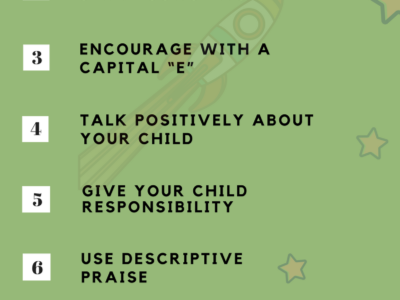
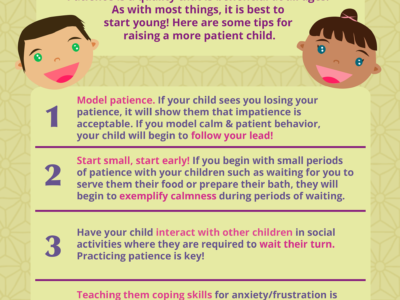

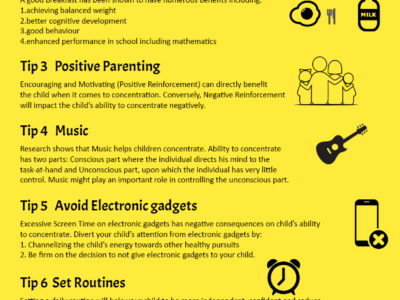







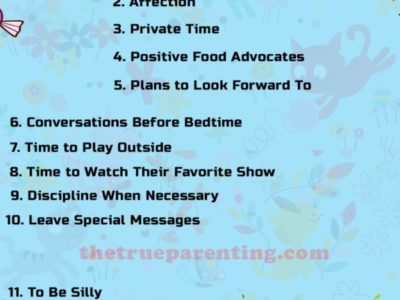

 How to Prepare Your Older Children for a New Baby
How to Prepare Your Older Children for a New Baby 




